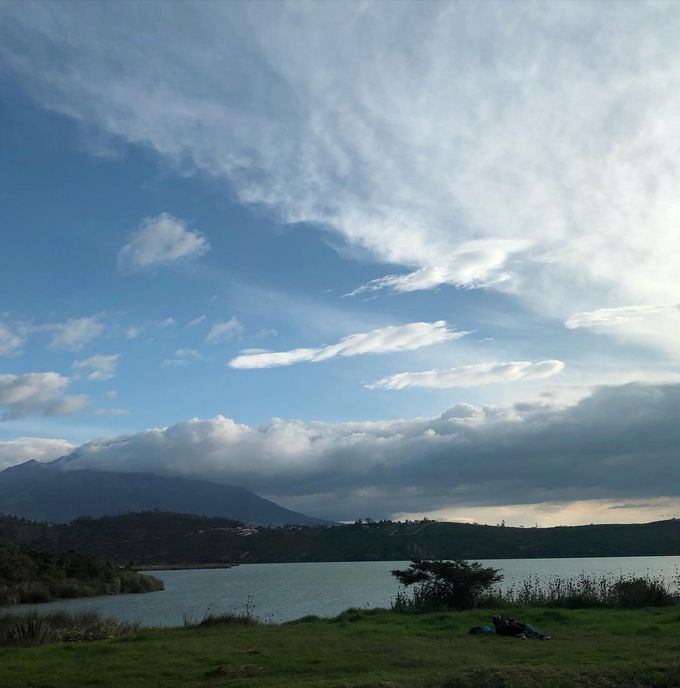Unethical authorship solicitations
Today, I wanted to bring up a topic that has been disturbing me for a while: unethical authorship solicitations.
I’ve been asked a number of times to “collaborate” on a paper, with the promise that I wouldn’t have to do anything, just put my name on the paper. Each time, I’ve patiently explained the authors that such a contribution (really, lack thereof) does not qualify for authorship.
Recently, I’ve been approached for an even weirder scheme: to have my name put on a random paper and then afterwards pay for the service. Here’s the email that I received (anonymized for privacy):
Dear Dr. Eva Lantsoght
I hope that you are doing well. It is XX.
I am writing this email to inquire about the possibility of research collaboration with you or your friends.
We are a research team in the Civil and Mechanical engineering field, but due to some financial issues in our group and to cover our research cost, we are looking for one/two co-authors for some of our papers. Those received a revision and will accept within 1 or 2 months and publish in very prestigious ISI journals (Q1 or Q2 JCR database).
It is worth mentioning that we do not request any money before the article is published, only after the item is online and you see your name with the correct affiliation as a co-author of the paper.
Please contact me if you are interested in our proposal. This is my WhatsApp number:+
I wanted to investigate this unethical behavior a bit further, so I asked for the titles they are submitting and the journals. More than anything, I wanted to see if this happens to journals where I’m on the editorial board, but they were not in their list. I reached out to the editor in chief of one of the journals they mentioned to flag this situation.
In reading a bit further on the internet, I found an even more worrying ponzi scheme (or maybe it’s the same as the one of my bold emailer): systematic manipulation of the publication process. Go check the flowchart to understand how some have attempted (or have succeeded at) “tricking” the publishing process.
Certainly, these issues should make us stop in our tracks. We should ask ourselves: how have we arrived at such a situation? How can this happen? And – what should we change so that we can have ethical publishing practices?



